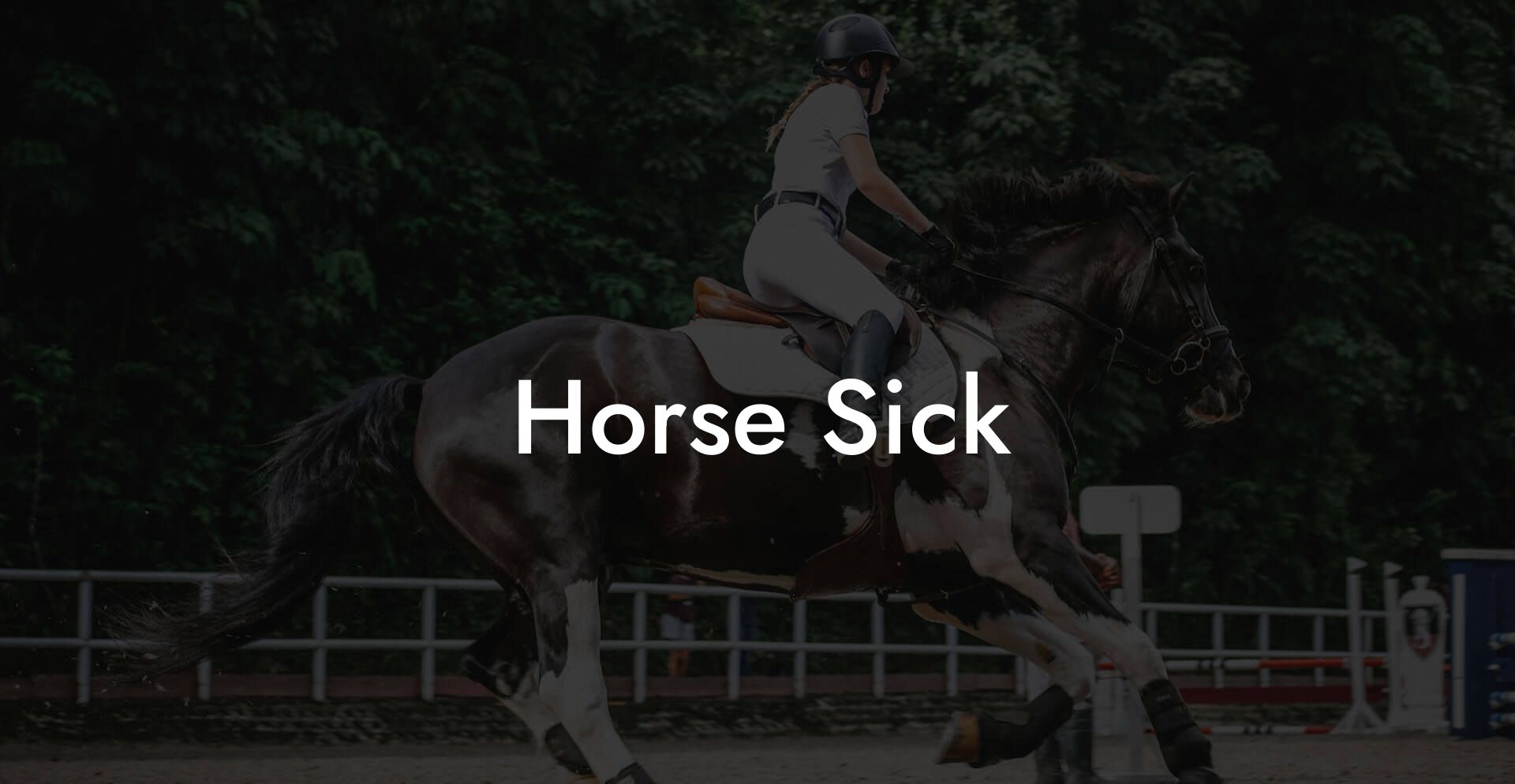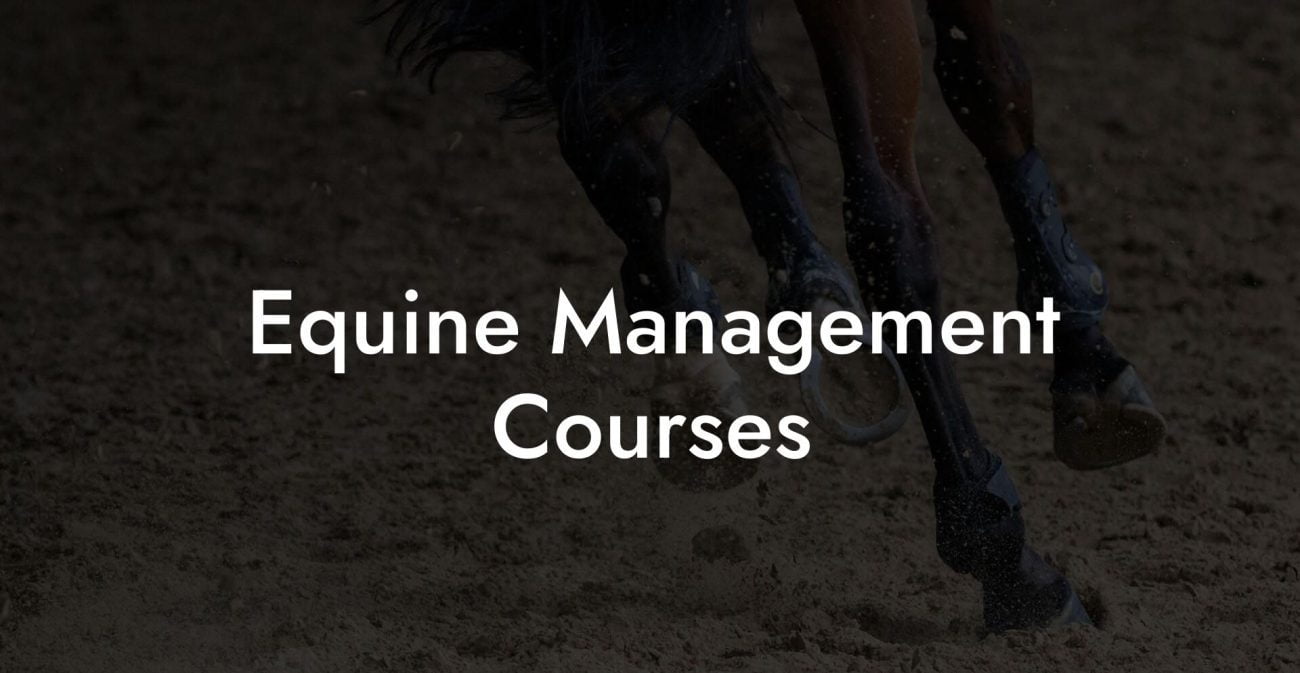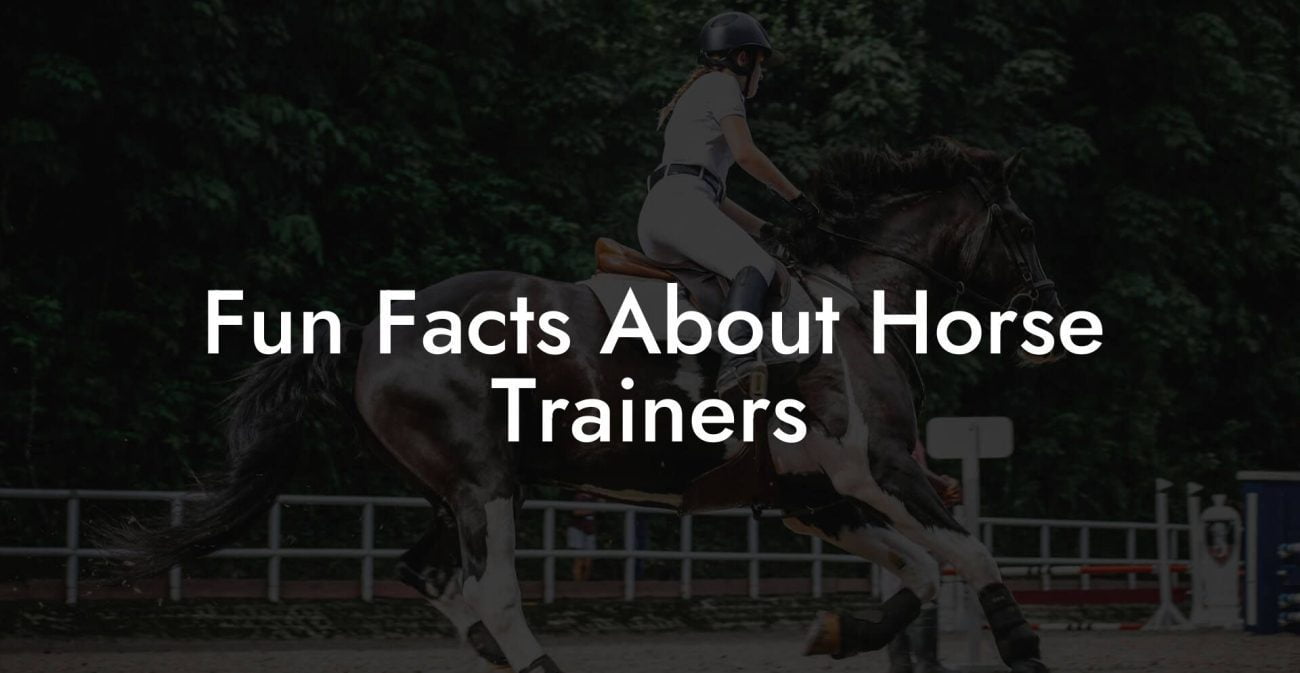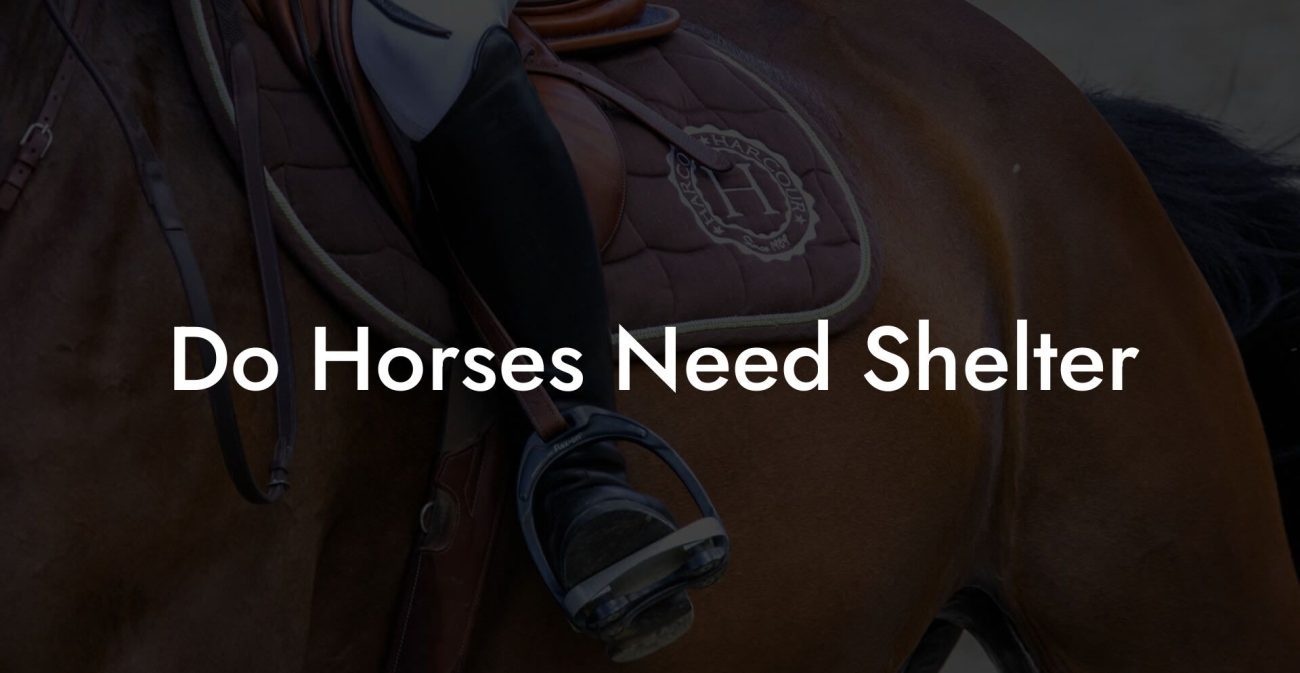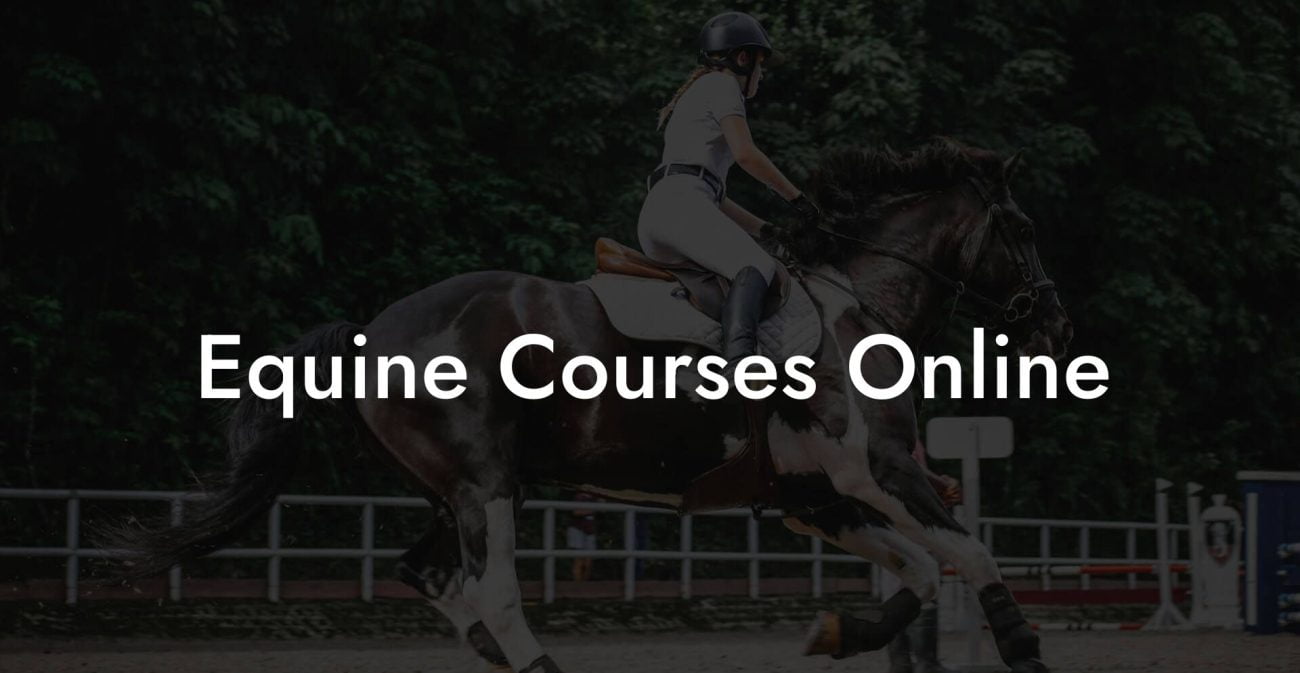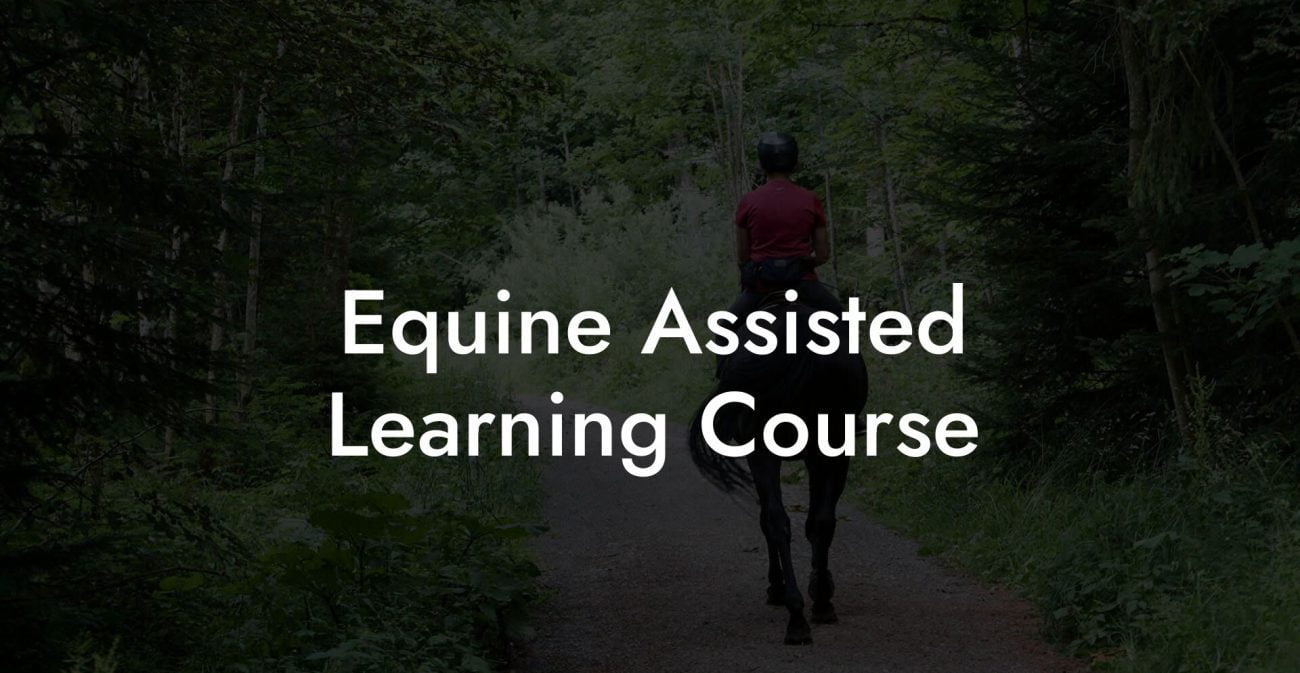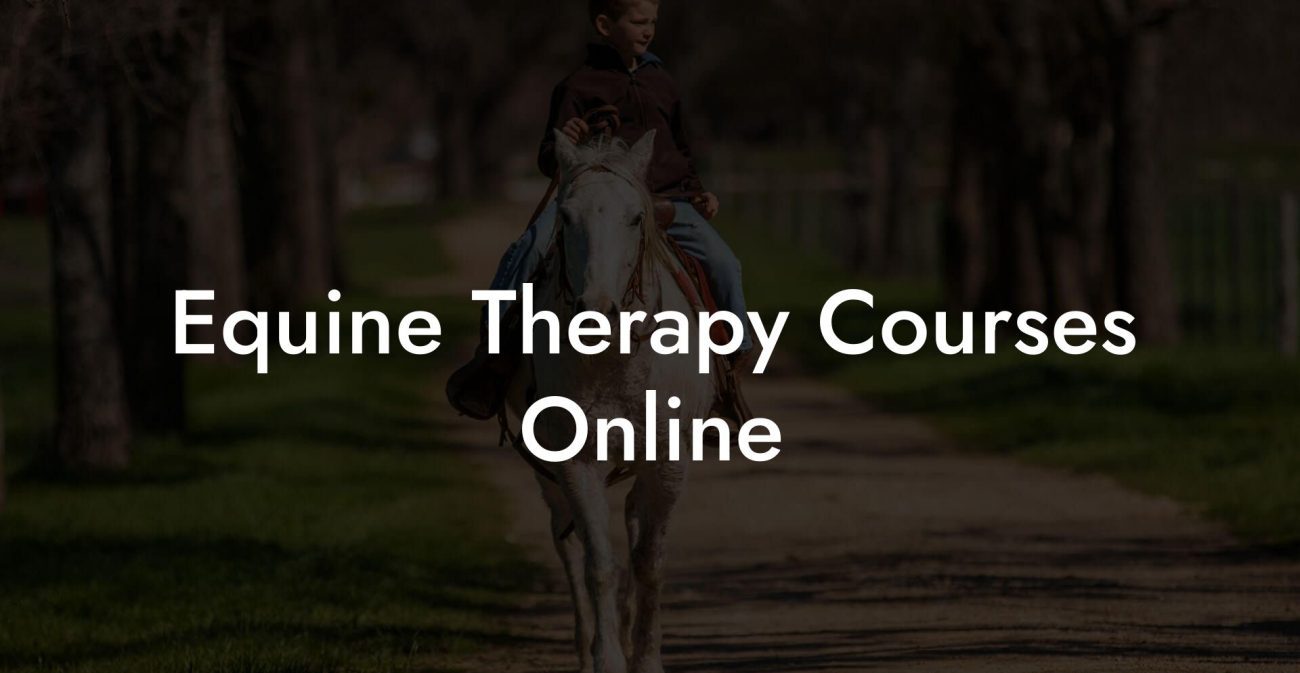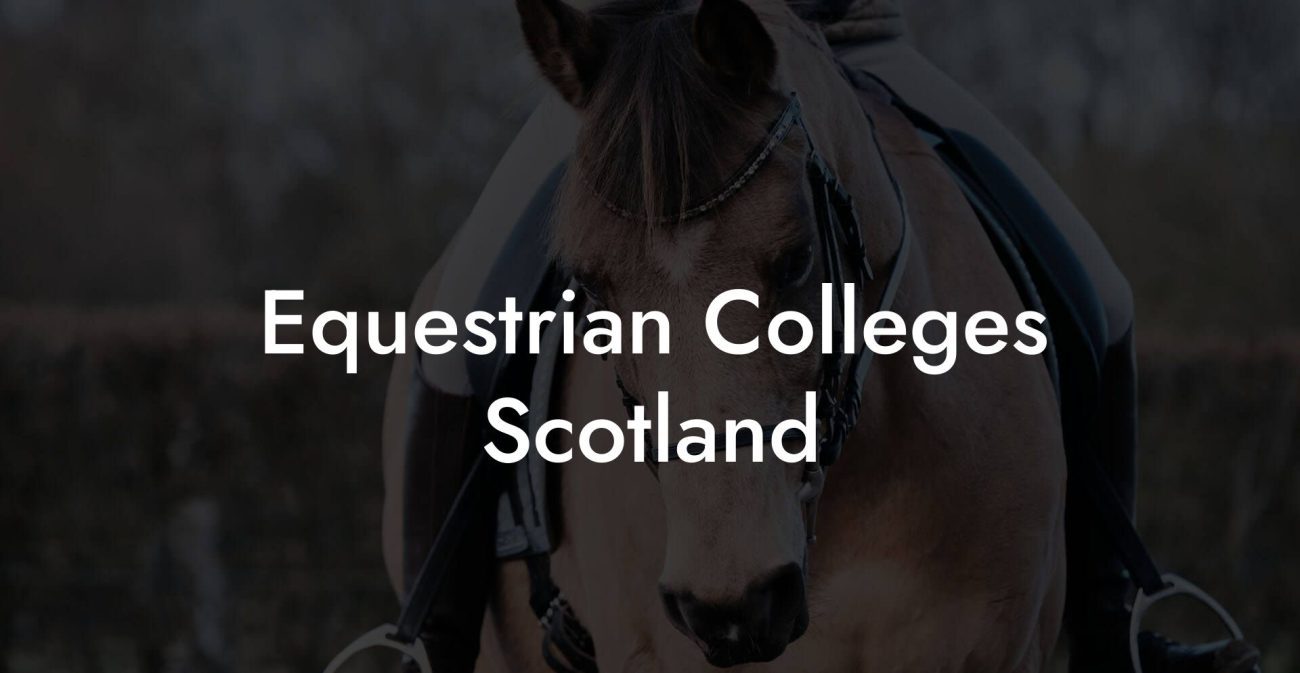When your horse is feeling under the weather, it can feel like the whole stable is in a state of chaos. Picture this: your favorite four-legged friend looking more like a droopy cartoon character than the majestic creature you adore. Whether it’s a bout of colic, lethargy, or just a stubborn refusal to munch on hay, understanding and caring for a sick horse requires a mix of practical know-how, cutting-edge equine care strategies, and a dash of humor to get you through the long nights. Here’s your no-nonsense, Gen-Z-and-millennial-approved guide to navigating the highs and lows of equine illness while keeping your horse’s health, and your sanity, in check.
Quick Links to Useful Sections
- Understanding Horse Sickness: Common Causes and Symptoms
- Unmasking the Culprits: What Makes a Horse Sick?
- Caring for a Sick Horse: The Ground-Level Basics
- Step 1: Recognize and React
- Step 2: Hydration is Key
- Step 3: Dial-Up the Vet
- Step 4: Create a Comfortable Recovery Space
- Home Remedies and Professional Care: When to Step In
- The Home Remedy Toolbox
- When to Call in the Pros
- nutrition for Recovery: Feeding Your Ailing Equine
- Tailored Diets: The Building Blocks of Recovery
- Monitoring and Adjusting Feeding Routines
- Diagnostics and Preventative Measures: Staying One Step Ahead
- Essential Diagnostics
- Preventative Strategies That Pack a Punch
- Integrative and Holistic Approaches to Equine Wellness
- Mind-Body Practices For Your Equine Friend
- Embracing a Holistic Lifestyle
- Resources and Community Support: Your Next Steps
- Online Forums and Social Media Groups
- Veterinary Associations and Equine Care Organizations
- Local Equine Events and Workshops
- Books, Podcasts, and Blogs
- Creating Your Personalized Sick Horse Care Plan
- Step 1: Conduct a Thorough Health Assessment
- Step 2: Define Clear, Realistic Goals
- Step 3: Choose Your Integrated Approaches
- Step 4: Set Up a Daily Routine
- Step 5: Monitor Progress and Adapt
- FAQs About Caring for a Sick Horse
- Your Journey to a Healthy, Happy Horse
Understanding Horse Sickness: Common Causes and Symptoms
When it comes to horse sickness, the reasons behind your equine pal’s malady can be as varied as your favorite meme formats. From minor annoyances like a bout of the sniffles to more serious conditions like colic, laminitis, or infections, knowing what ails your horse is the first step to making it well again.
Unmasking the Culprits: What Makes a Horse Sick?
Just like scrolling through social media for the latest trends, veterinarians have a checklist for what may cause your horse to feel off-color. Some of the usual suspects include:
- Colic: A catch-all term for abdominal pain that can be as unpredictable as that one friend who cancels plans last minute. Colic can result from overeating, sudden changes in diet, or blockages in the intestines.
- Respiratory Infections: Whether it’s influenza or strangles, respiratory issues can spread faster than a viral tweet, leaving your horse coughing or even running a mild fever.
- Laminitis: A painful inflammation of the hoof tissues that can be triggered by obesity, overfeeding, or metabolic disorders. Treat laminitis like that cursed group chat, handle with care and attention!
- Gastrointestinal Upsets: Diarrhea or indigestion in horses can be alarming and may signal issues ranging from dietary indiscretions to parasitic invasions.
- Infections and Wounds: A cut or puncture can quickly become a gateway for bacteria, sometimes leading to even more severe infections.
Recognizing these symptoms, whether it’s a refusal to eat, unusual lethargy, altered behavior, or abnormal vital signs, is crucial. Each sign offers a clue, much like solving a mystery on your favorite true-crime podcast.
Caring for a Sick Horse: The Ground-Level Basics
When your horse is sick, the first thing you need to do is channel your inner equine caregiver. Think of it as being the hip, compassionate vet’s assistant who’s armed with practical tips, a smartphone full of research, and an empathetic heart.
Step 1: Recognize and React
The moment you suspect something isn’t right with your horse, don’t wait for it to spiral into a full-blown crisis. Is your horse refusing to eat, showing unusual lethargy, or giving you that “I’m not feeling it today” look? These are your red flags.
The initial remedy is simple but crucial: isolate your horse from the herd (if possible) to limit the spread of any potential infectious diseases. Think of it as social distancing for horses, no one likes a party crasher, especially when there’s a contagious bug involved.
Step 2: Hydration is Key
Just as you wouldn’t face a concert on an empty stomach, your horse cannot undertake a speedy recovery without fluids. Fresh, clean water should be available at all times. Consider adding electrolyte supplements if you suspect dehydration. A hydrated horse is a happy horse, and trust us, it makes your job the heck easier.
Step 3: Dial-Up the Vet
While it might be tempting to rely on your latest online hack or a well-worn “DIY” remedy, nothing beats professional veterinary advice when your horse is sick. A quick call to your trusted equine vet can help you decide if your horse’s condition warrants immediate intervention or if it can be managed at home. Remember, it’s all about keeping your horse as safe as your favorite vintage band t-shirt.
Step 4: Create a Comfortable Recovery Space
Once you’ve isolated your horse and ensured hydration, set up a quiet, comfortable space for recovery. Soft bedding, minimal stressors, and good ventilation can work wonders. This makes your horse’s temporary “sick bay” feel less like a confinement and more like a spa retreat, with a touch of rustic charm.
Home Remedies and Professional Care: When to Step In
While home remedies can work wonders, knowing when to opt for professional care is a skill that every horse owner needs to master. Here’s a balanced approach to integrating both therapies for your sick horse.
The Home Remedy Toolbox
Before you panic and start browsing endless YouTube videos, remember that some mild conditions can benefit from simple, natural remedies:
- Herbal Soothers: Certain herbs like chamomile and peppermint can help relax the stomach and soothe minor gastrointestinal issues when added (in the right doses) to your horse’s feed.
- Warm Compresses: Applying warm (not hot!) compresses to sore muscles or joints can help relieve stiffness, much like a good hot water bottle works wonders for you on a chilly day.
- Rest and Relaxation: Sometimes, the best remedy is to simply let your horse rest. Just like us after a marathon binge-watching session, rest is critical for recovery.
These remedies are most effective for minor ailments. However, if your horse’s symptoms persist or worsen, professional veterinary care isn’t just recommended, it’s vital.
When to Call in the Pros
Certain situations demand that you put the DIY fixes aside and get the experts involved:
- Severe Colic or Abdominal Distress: If your horse is exhibiting intense signs of colic, such as rolling on the ground, uncontrollable sweating, or severe abdominal pain, immediately contact your vet.
- Persistent High Fever: A sustained high temperature in a horse can be a sign of serious infection and should prompt an urgent veterinary assessment.
- Signs of Infection: Open wounds, abscesses, or deep infections require professional cleaning, possibly antibiotics, and careful monitoring.
- Respiratory Distress: Labored breathing or severe coughing fits might indicate pneumonia or other respiratory issues that need medical intervention.
The takeaway? Trust your gut (and your vet’s advice). Use home remedies as a first stop for minor issues, but don’t let pride or procrastination stand in the way if your horse needs professional help.
nutrition for Recovery: Feeding Your Ailing Equine
Just as a foodie’s cravings need to be satisfied with the right meal, your sick horse requires a well-planned nutritional strategy to jump-start recovery. What your horse eats can be as influential as any medicine in restoring vitality.
Tailored Diets: The Building Blocks of Recovery
When your horse is sick, it’s crucial to adjust its diet to ensure it receives essential nutrients without overwhelming its digestive system. Here are a few pro tips:
- Easily Digestible Forage: High-quality hay, free from dust and mold, is the cornerstone of an equine recovery diet. The goal is to provide fiber without stressing the digestive tract.
- Supplemental Feeds: Consider adding easily digestible concentrates that offer balanced proteins, vitamins, and minerals to support healing. Consult your vet for the best options tailored to your horse’s specific condition.
- Fresh Water & Electrolytes: Dehydration is dangerous. Besides constant access to fresh water, electrolyte supplements can be beneficial, helping to replenish minerals lost during illness.
- Herbal and Natural Additives: Incorporate approved herbal supplements that promote gut health and reduce inflammation. Ingredients like ginger and slippery elm are popular choices among equine nutritionists.
Adjusting your horse’s diet is not about cutting out treats or overhauling its eating habits overnight, it’s about gradually introducing changes that support healing and reduce further stress on the system.
Monitoring and Adjusting Feeding Routines
Keep a close eye on how your horse responds to dietary changes:
- If your horse shows signs of discomfort or digestive upset, it might be time to tweak the diet.
- Regularly consult with your veterinarian or an equine nutritionist to ensure that every bite is working for, not against, your horse’s recovery.
- Remember, a well-fed horse is like a well-caffeinated college student during finals, it's all about optimum performance under pressure!
With a few mindful adjustments and close monitoring, you can create a nutritious recovery plan that not only helps your horse bounce back but also sets the stage for long-term equine health.
Diagnostics and Preventative Measures: Staying One Step Ahead
Often, staying on top of your horse’s health means embracing a proactive approach rather than playing catch-up after the signs of sickness appear. A mix of routine diagnostics, vaccinations, and preventative strategies can transform you into a true equine health guru.
Essential Diagnostics
Early diagnosis is the secret sauce to an effective recovery strategy:
- Regular Health Check-Ups: Schedule routine visits with your veterinarian to monitor vital signs and overall wellness. Early detection of conditions such as metabolic disorders or subtle signs of infection can make a world of difference.
- Laboratory Tests: From blood work to fecal analyses, comprehensive testing can unveil issues that might be lurking beneath the surface. Catching these early means you can intervene before a minor bug turns into a major meltdown.
- Advanced Imaging: Ultrasounds, radiographs, or even endoscopic evaluations provide a closer look at internal systems. It’s like using a high-tech drone to inspect every nook and cranny of your stable.
Preventative Strategies That Pack a Punch
Prevention isn’t just about avoiding the sick days, it’s about building a resilient equine body that can shrug off ailments. Here’s how:
- Vaccinations: Keeping up with vaccinations is as critical as maintaining a killer smartphone antivirus program. Vaccines protect against major diseases that could otherwise spell disaster.
- Deworming: Regular deworming schedules help control parasite loads, which can wreak havoc on your horse’s gastrointestinal health if left unchecked.
- Fitness and Exercise: A regular, balanced exercise regimen boosts overall health and circulation, making your horse less susceptible to illnesses. Even a sick horse can benefit from gentle, veterinarian-approved activity to prevent stiffness and promote recovery.
- Environmental Management: Clean, well-ventilated, and safely managed stables reduce the risk of infectious diseases. Think of it as giving your horse a swipe-right equivalent for a healthy, sparkling clean living space.
By integrating these preventative measures into your horse care routine, you not only lessen the likelihood of illness but also create a sustainable, health-first lifestyle that pays off in the long run.
Integrative and Holistic Approaches to Equine Wellness
In a world where self-care trends have taken over our social media feeds, holistic care isn’t just for humans, it can absolutely work wonders for horses too! Embracing integrative therapies means looking beyond medications and vaccinations to nurture your horse’s overall well-being.
Mind-Body Practices For Your Equine Friend
Although your horse can’t quite meditate like a yoga influencer, there are integrative techniques that help bridge the gap between physical treatment and mental calmness:
- Gentle Massages: Equine massage therapy can relax tense muscles, improve blood circulation, and ease joint discomfort, imagine giving your horse its very own spa day.
- Acupuncture and Acupressure: These time-tested techniques, when performed by trained equine specialists, can help alleviate pain and encourage overall healing through natural energy flow.
- Herbal Remedies: Treatments incorporating herbs such as echinacea, chamomile, and ginger have been used traditionally to support immune function and soothe inflammation. Always work with a vet to ensure the right dosage and safe application!
Embracing a Holistic Lifestyle
Caring for your horse’s emotional state is important too. Horses are incredibly sensitive creatures, and the stress of an illness can exacerbate physical symptoms. Here are some tips:
- Creating a Calming Environment: Soft lighting, quiet spaces, and even background music (think gentle acoustic tunes) can help reduce stress.
- Consistent Routines: Horses thrive on routine. Keeping feeding, turnout, and exercise times consistent can provide a sense of stability and comfort.
- Your Presence Matters: Simply spending time with your horse, talking to them, or brushing their coat can work wonders in reducing anxiety and promoting recovery.
Integrative and holistic care for your sick horse is not about replacing conventional treatments; it’s about enhancing them. By blending professional veterinary care with complementary therapies, you create a personalized, all-encompassing approach that nurtures your horse from the inside out.
Resources and Community Support: Your Next Steps
No equine journey exists in isolation, especially in times of crisis. Whether you’re a seasoned horse owner or new to the stable, tapping into a vast network of resources can provide both practical advice and much-needed emotional support.
Online Forums and Social Media Groups
The internet is packed with dedicated communities of horse enthusiasts who share tips, success stories, and even humorous anecdotes about the ups and downs of equine care. Platforms like Facebook groups, Reddit’s r/equine, and specialized equine forums are treasure troves of information, perfect for a quick morale boost or a deep dive into the latest care strategies.
Veterinary Associations and Equine Care Organizations
National and local veterinary associations offer guidelines, research, and even emergency hotlines dedicated to equine health. These organizations work closely with experts, ensuring that the advice you receive is backed by the latest science and best practices.
Local Equine Events and Workshops
From seminars on advanced equine first aid to workshops on natural therapies and nutrition, staying engaged with local communities offers hands-on opportunities to expand your skills. Plus, these events are a great way to network with fellow horse owners who understand the thrill and challenge of equine care.
Books, Podcasts, and Blogs
For those moments when you want to dive deeper into the science and soul of equine wellness, there are countless resources available. Whether it’s the latest research, heartfelt personal stories, or expert interviews, these mediums provide insights that can help you make informed decisions about your horse’s care.
Being part of these communities not only enhances your knowledge base but also offers emotional support, a reminder that while caring for a sick horse can be incredibly challenging, you’re never alone on this journey.
Creating Your Personalized Sick Horse Care Plan
Every horse is as unique as your favorite playlist, and a one-size-fits-all approach simply won’t cut it when it comes to managing equine sickness. Developing a personalized care plan means combining professional veterinary advice, home remedies, nutritional adjustments, and holistic practices into a routine that fits your horse’s individual needs.
Step 1: Conduct a Thorough Health Assessment
Start with a comprehensive evaluation by a trusted equine veterinarian. Note every subtle change in your horse’s behavior, appetite, and energy levels, it’s like collecting data for the ultimate trending hashtag of health!
Step 2: Define Clear, Realistic Goals
Identify what you want to achieve in the short and long term. Are you focusing on reducing discomfort? Boosting appetite? Improving mobility? Setting clear, actionable goals keeps you motivated and helps track progress over time.
Step 3: Choose Your Integrated Approaches
Make a list of available interventions:
- Professional veterinary treatments including medications and diagnostics.
- Home remedies and supportive care practices such as warm compresses and herbal supplements.
- Nutritional adjustments that include high-quality hay, concentrates, and supplements.
- Holistic therapies like gentle massage and creating a calming environment.
By integrating these modalities, you tailor your approach precisely to your horse’s unique condition.
Step 4: Set Up a Daily Routine
Create a structured yet flexible care schedule that includes designated times for feeding, medication, gentle exercise, and rest. Consistency is your secret weapon, your horse benefits immensely from knowing what to expect, much like you benefit from your morning routine before scrolling through social feeds.
Step 5: Monitor Progress and Adapt
Keep a detailed log of observations, from eating habits and energy levels to behavioral changes. Regularly evaluate this data together with your veterinarian to fine-tune the care plan. Don’t be afraid to tweak things, just as trending topics evolve, so should your approach to equine wellness.
Crafting a personalized care plan is an ongoing journey. As your horse recovers and improves, adapt the plan to slowly reintroduce elements of regular training and social interaction. Every small win contributes to the overall picture of improved health and a happier, more resilient equine companion.
FAQs About Caring for a Sick Horse
Navigating the world of equine health can be confusing, so we’ve compiled some frequently asked questions to answer your burning queries about caring for a sick horse.
1. What are the most common symptoms of a sick horse?
Common symptoms include a lack of appetite, lethargy, abnormal fecal output, coughing, nasal discharge, and signs of pain such as reluctance to move or sensitivity when touched. Always consult your vet if symptoms worsen.
2. How can I tell if my horse is suffering from colic?
Colic symptoms range from mild discomfort to severe abdominal pain, including pawing at the ground, rolling, sweating, and reduced gut movement. Immediate vet attention is crucial if colic is suspected.
3. Are there safe home remedies for a sick horse?
Yes, for mild conditions, remedies like ensuring proper hydration, offering high-quality hay, and using gentle warm compresses may help. However, always involve your vet for persistent or severe symptoms.
4. How important is nutrition in my horse’s recovery?
Nutrition is paramount. A balanced diet plays a critical role in recovery, helping manage inflammation, providing essential nutrients, and supporting overall body functions. Tailor the diet according to your vet’s recommendations.
5. When should I call the veterinarian?
If your horse shows severe or worsening symptoms, including intense colic, high fever, or signs of infection, contact your veterinarian immediately. Professional intervention can be life-saving.
6. Can holistic therapies really help my sick horse?
Absolutely. Complementary therapies such as massage, acupuncture, and herbal supplements can work in tandem with traditional medicine to reduce pain, ease stress, and promote overall healing.
7. What preventative measures can I take?
Regular veterinary check-ups, proper vaccinations, deworming, and maintaining a clean, safe environment go a long way in preventing many common equine diseases.
8. How do I handle a sick horse when other horses are around?
Isolate the sick horse if possible to prevent the spread of infections and provide a stress-free recovery environment. When in doubt, consult your vet on quarantine best practices.
9. Can I manage my horse’s condition at home?
For mild conditions, home care under veterinary guidance is often sufficient. However, always monitor closely and be prepared to escalate to professional care if the condition deteriorates.
10. Are there any specific supplements recommended for recovery?
Supplements such as omega-3 fatty acids, antioxidants, and specific herbal blends might be beneficial. Always discuss these options with your veterinarian to ensure they meet your horse’s unique needs.
Your Journey to a Healthy, Happy Horse
Caring for a sick horse isn’t just about treating a set of symptoms, it’s about embarking on a holistic journey to restore balance, strength, and vitality to one of your dearest companions. By fusing modern veterinary science with time-tested home remedies, nutritional expertise, and integrative holistic strategies, you empower yourself to make informed, compassionate decisions that literally save lives.
Remember, every moment you invest in your horse’s recovery, from fiddling with their feed to scheduling that much-needed massage, is a step toward resilience and long-term health. Embrace the journey with a positive mindset, a sense of humor, and the unwavering belief that every new dawn brings renewed strength and vitality.
Whether you’re scrolling through endless equine care blogs at 2 AM or debating the merits of holistic supplements with fellow horse enthusiasts online, know that you are part of a vibrant community dedicated to passion, dedication, and the enduring love of horses.
So go ahead, scoop up that hay, make that vet appointment, and rest assured that with this comprehensive guide in your arsenal, your horse is set on the path to a quick and robust recovery. Here’s to turning those sick days into stepping stones toward a healthier, happier life under the stable roof!
Keep learning, keep caring, and keep laughing, because every well-cared-for horse is a testament to the incredible bond between you and your majestic friend. Your journey to equine wellness is just beginning, and the best is yet to come.

